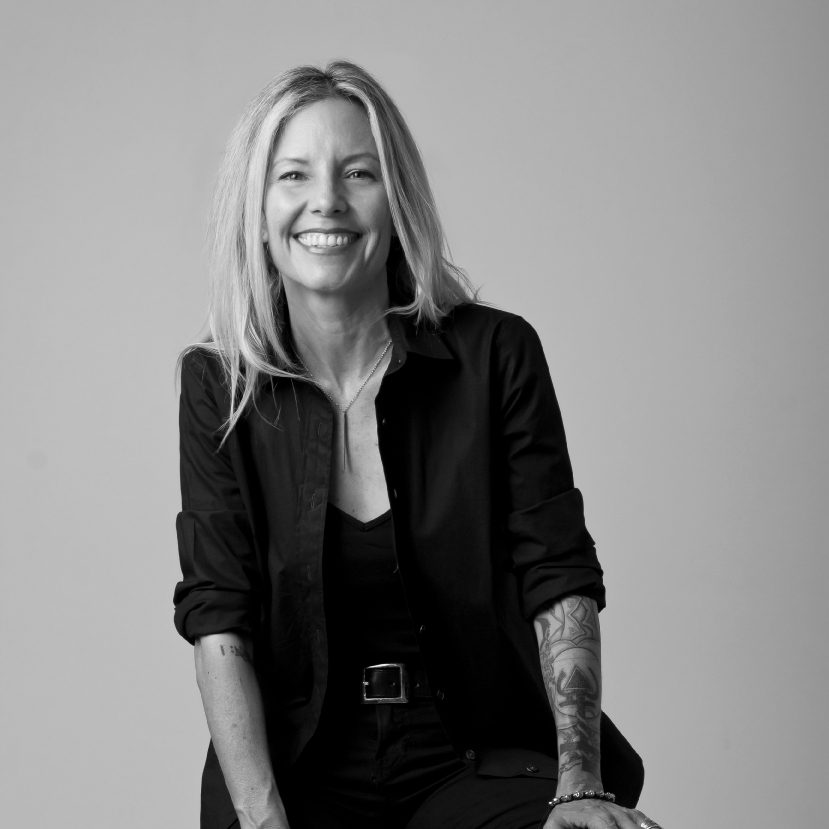

Through studying the nature of the psyche and the conscious–unconscious dynamic, Jung’s depth psychology aimed, in part, at reconciling science and religious experience. In Jung’s view, religious structures and traditions have been failing us, giving rise to scientific materialism and religious fundamentalism.
Through postulating instinctual forms of mental functioning, Jung emphasized the deeply internal and personal experience of the numinous. In turn, by following certain methods in an approach to spiritual experiences, for example dreamwork and active imagination, he observed the healing of mild mental disturbances, such as anxiety, stress and obsessive-compulsive behavior, in his patients.
Although his scientific body of work remained incomplete upon his death, one of the most prominent aspects of his legacy is his belief in the spiritual function of the psyche.
In Euro-American culture, science and religion, each in its own way, have set out to describe reality. Science does so through observing the behavior of the physical world and studying the underpinning mathematical theories, while religious descriptions most often result through revelation or the reliance upon doctrine.
While any connection between science and religion has, for some time, seemed superficial at best, or antagonistic at worst, today their relationship is becoming stronger on account of scientists prepared to ask questions aimed at resolving any schism between science and spirituality. Of particular interest to the legacy of Jungian ideas on the spiritual function of the psyche, is the work of Dr. Lisa Miller, founder of the Spirituality Mind Body Institute at Columbia University, whose body of work fuses neuroscience, genetics, epidemiology and psychology.
Dr. Miller’s recent hard scientific research on the neural seat of spiritual perception has shown that spiritual perception is our common birthright and that an engaged spiritual life enhances grit, optimism and resilience while providing insulation against addiction, trauma and depression.
For hundreds and perhaps thousands of years before these research results, and long before Jung found parallels to his ideas on the spiritual function of the psyche in the Eastern liberatory traditions, the radically empirical Yoga traditions of India taught practices to ensure we are ‘yoked’ or ‘harnessed’—that we keep our transcendent awareness engaged.
In addition to transcendent awareness, Yoga science also deeply honors intuition and knowledge of the heart and has long integrated this wisdom with empiricism and logic. Today the Yoga traditions continue to teach practitioners that feelings of wholeness and union are fundamental birthrights of our true nature.
The wisdom inherent in our true nature can be found throughout our lived world. For instance, in heliotropic plants that innately turn to the sun for nourishment. However, while humans do have an innate hard-wired capacity to see into the deeper nature of life, we have to choose the spiritual function for it to have its beneficial effects. We have to nurture the wisdom of our nature.
When we choose to engage in our spiritual practices and to surround ourselves with a supportive environment—an environment that mirrors back what our embodied and relational mind needs—we feel our innate wholeness and belonging.
Back in the twentieth century, during the ice age around spirituality in the scientific community, Jung carved ‘called or not called God will be present’ over the doorway at his home. In the twenty-first century, established scientists within the Western academy, like Dr. Lisa Miller, are informing us in modern terms, how psychological wellness is derived through our spiritual awareness.
As the lens of Euro-American science turns towards human spiritual experience, may we all find our unique ways to greet this opportunity and to restore meaning, connection, cooperation, compassion and love. We are all in this together.
In the course Jungian Psychology and Yoga with Leanne Whitney, you will learn that well-being, individuation and embodied spiritual experience go hand-in-hand. Healing our psychic splits is of immeasurable value for our day-to-day wellbeing. The course is practical and includes exercises, journal prompts and meditations that you can follow to help you heal as you journey toward individuation. Learn More Here.

Leanne Whitney
Dr. Leanne Whitney is an independent scholar and Transformational Coach who holds a Doctoral Degree in depth psychology and specializes in the intersection of Western psychology and the liberatory and shamanic traditions.
More Posts by Leanne Whitney